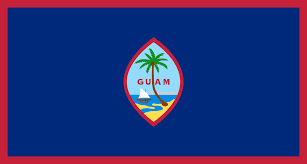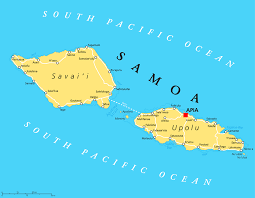by Tusi Tala, Staff Writer
Guam’s US Congressman James Moylan stated that discussions aimed at compensating survivors of nuclear radiation will persist, irrespective of the outcome of the US elections. House Speaker Mike Johnson has not yet given the green light for a deal to restore the Radiation Exposure Compensation Reauthorization Act (RECA). For 23 years, radiation exposure survivors in Guam have been advocating for their inclusion in RECA and are concerned that the current bill in Congress may lapse by year’s end. Moylan emphasized that significant progress is being made and that there is still time to act.
The history of nuclear radiation contamination in Guam is deeply intertwined with the island’s strategic military significance during the 20th century. Following World War II, the United States established a military presence on Guam, which included nuclear testing and storage facilities. Between the 1940s and 1970s, the island was exposed to radioactive fallout from nuclear tests conducted in the Pacific, particularly those at Bikini Atoll. Local residents, many of whom were unaware of the potential dangers, were often exposed to contaminated water and food sources, leading to health concerns that persisted for decades.
In the years following these nuclear activities, numerous studies highlighted the long-term effects of radiation exposure on the people of Guam. Residents reported higher incidences of various health issues, including cancers and other radiation-related illnesses. The U.S. government has faced criticism for its lack of transparency and failure to adequately address the consequences of nuclear contamination. Efforts to remediate affected areas and provide health care for those impacted have been ongoing, but many residents continue to struggle with the legacy of contamination, advocating for recognition and compensation for the health impacts they have endured.












